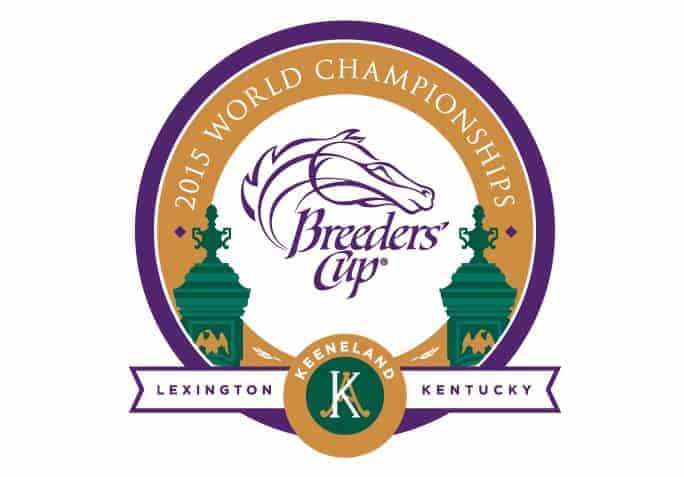Australian Vets Condemn Cobalt Misuse in Racing Industry
Equine Veterinarians Australia says cobalt misuse in the horse racing industry is a serious animal welfare issue.
Equine Veterinarians Australia says cobalt misuse in the horse racing industry is a serious animal welfare issue.

Race-day medications for racehorses would be banned and an independent agency would be charged with enforcing rules.

The Pan American Conference featured a variety of speakers who focused on anti-doping, marketing, and more.

The group will advocate for uniform medication standards for American Thoroughbred racing.

Breeders’ Cup has expanded its out-of-competition drug testing program, increased security at barns, and more.

In 2014 racehorses in Ohio produced 112 positive drug tests, most of them for flunixin meglumine or phenylbutazone.
The transition comes after the commission’s primary laboratory reportedly failed to report three drug tests.

International horses–except those from Ireland, France, Germany, and Sweden–must be sampled before racing in Britain.

Officials seek comment on draft language that would impose a 10-year ban on those guilty of “egregious violations.”

The Preakness Stakes will take place May 16 at Pimlico Race Course in Baltimore, Maryland.

The new equipment can screen for more than 8,000 different types of drugs.
Four veterinarians pleaded guilty to administering drugs to Thoroughbred racehorses within 24 hours of races.
The group approved a uniform testing threshold of 110 parts per billion in blood for the amino acid GABA.
The group discussed model medication rules, testing procedures, and cobalt thresholds at a recent meeting.
Four vets are facing criminal charges for allegedly administering drugs to Thoroughbreds within 24 hours of races.
The cobalt threshold will be submitted to the RCI for consideration as a model rule at its April meeting.
Stay on top of the most recent Horse Health news with
"*" indicates required fields